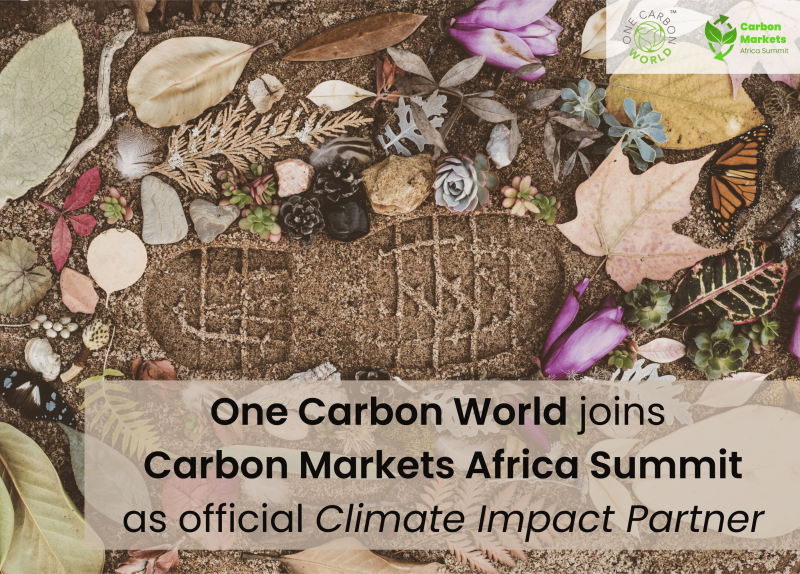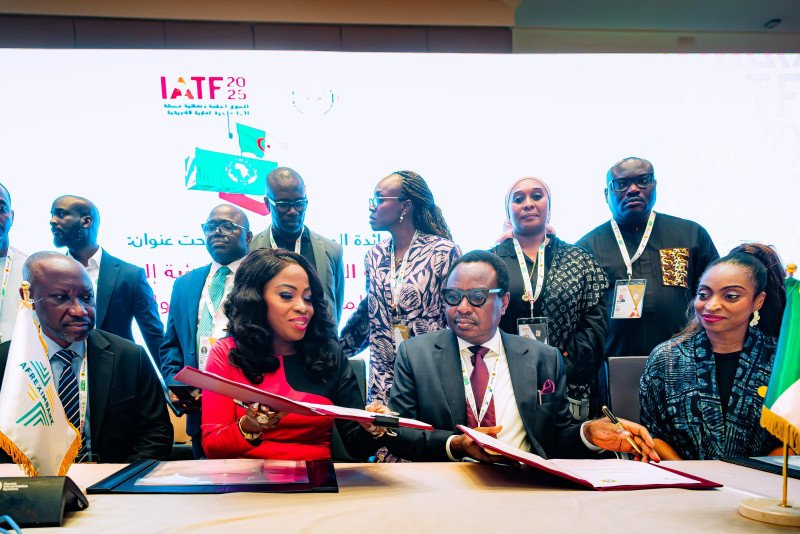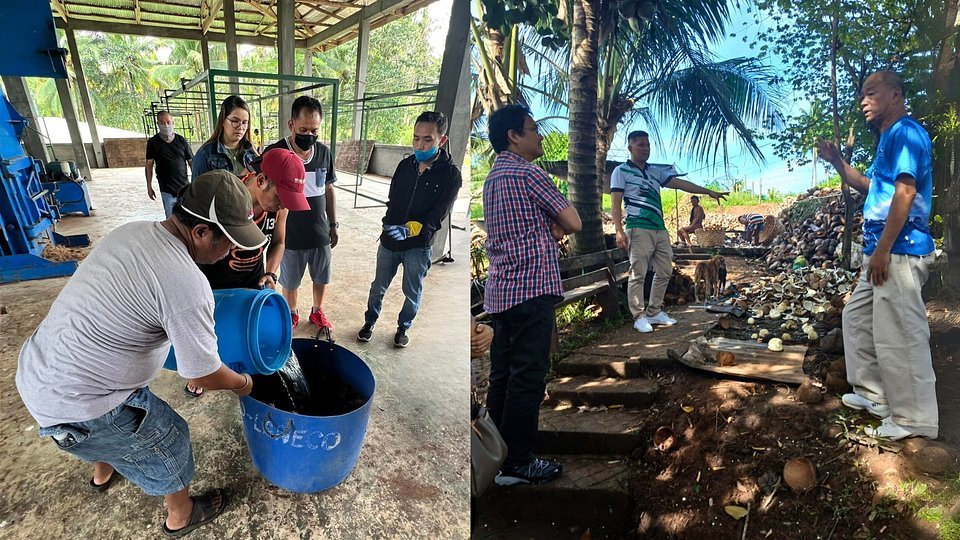Filipino survivors of Super Typhoon Odette (Rai) announced plans to file a lawsuit in the United Kingdom against British oil giant Shell, accusing the company of worsening the climate crisis. The press conference in Quezon City was organized by Greenpeace Philippines and the Legal Rights and Natural Resources Center (LRC), which are leading efforts to mobilize support for affected communities demanding accountability.
The case will be the first large-scale climate-related lawsuit of its kind filed against an oil and gas company. Sixty-seven Filipinos from the Visayas—who lost relatives, homes, or suffered injuries when Typhoon Odette hit on December 16, 2021—are part of the complaint. They will pursue the case using Philippine law before a UK court.
Claimants argue that Shell’s historic carbon emissions have intensified extreme weather events like Odette and deepened the suffering of vulnerable communities. Citing the “polluter pays” principle, they are seeking compensation for losses and damages, along with court orders to prevent Shell from further contributing to climate harm.
Research has shown that human-caused climate change more than doubled the likelihood of an event as destructive as Typhoon Odette. The storm killed 405 people, injured more than 1,400, and caused an estimated ₱47.8 billion in damages.
Shell has emitted about 41 billion tons of CO2e—more than 2% of all global fossil fuel emissions—and had long known the environmental consequences of its operations. Despite this, the company continued expanding fossil fuel production, earning record profits of USD 40 billion in 2022 and USD 16.5 billion in 2024.
![Climate activists demand accountability from major fossil fuel companies. [photo credit: Ivan Joeseff Guiwanon | Greenpeace]](https://ecofriendlytip.com/wp-content/uploads/2025/10/Island-008-1024x768.jpg)
Climate activists demand accountability from major fossil fuel companies. [photo credit: Ivan Joeseff Guiwanon | Greenpeace]
Survivors seek justice and accountability
“This fight is about our children’s future,” said claimant Trixy Elle, one of the survivors. “It’s unfair that those who contribute the least to pollution suffer the most from climate change. We are doing this not only for ourselves but for the next generation.”
Another claimant, Annie Casquejo, said, “If we win, Shell will pay for the damages we suffered. Even if we lose, we can say we stood up for our rights. This is about justice, not just money.”
International law firm Hausfeld will represent the survivors. Partner Greg Lascelles explained, “This case will hold Shell accountable for its role in driving climate-related disasters. It shows how corporate actions have real, devastating consequences for vulnerable communities worldwide.”
A growing global movement for climate justice
The legal action follows the International Court of Justice Advisory Opinion on Climate Change, which stated that countries must regulate corporations responsible for global emissions and their cross-border harms.
Atty. Ryan Roset of LRC noted that the lawsuit is a major step toward justice for those most affected. “Communities that emit the least carbon suffer the most. It’s time those who profit from climate destruction are held accountable,” he said.
Jefferson Chua, Climate Campaigner at Greenpeace Philippines, said the Odette survivors are leading a global fight for justice. “Communities in the Global South are rising against corporate polluters. This case shows that no one is too small to demand accountability from the biggest climate offenders,” he said.
Estela Vasquez, Visayas coordinator of the Philippine Movement for Climate Justice, added, “We are demanding reparations from companies like Shell for their climate atrocities. This system allows the rich to profit while the poor suffer. We will not stop until justice is served.”
Greenpeace Philippines urged President Ferdinand Marcos Jr. to support the case and to establish stronger mechanisms that make polluters pay. The survivors’ legal fight, they said, is both a call for reparations and a movement for systemic change to protect vulnerable communities from worsening climate disasters.
![Greenpeace calls for accountability as Filipinos rebuild after Uwan’s devastation. [photo credit: Jilson Tiu | Greenpeace]](https://ecofriendlytip.com/wp-content/uploads/2025/11/JTIU7946-scaled.jpg)



![Flooded streets in the Philippines illustrate the urgent need for effective climate adaptation projects. [photo credit: Noel Celis | Greenpeace]](https://ecofriendlytip.com/wp-content/uploads/2025/09/GP0SU6A0V.jpg)
![Greenpeace banners calling for climate justice [photo credit: Noel Celis | Greenpeace]](https://ecofriendlytip.com/wp-content/uploads/2025/07/NC0012-scaled.jpg)
![The ICJ just gave us a new weapon in the fight for climate justice. Will Marcos act? [photo credit: Noel Celis | Greenpeace]](https://ecofriendlytip.com/wp-content/uploads/2025/07/NC00019-scaled.jpg)
![Floodwaters inundate homes in Eastern Samar following heavy rains from Tropical Storm Crising [photo credit: Jilson Tiu | Greenpeace]](https://ecofriendlytip.com/wp-content/uploads/2025/07/GP0SU6A0D_PressMedia-2500px.jpg)
![Iloilo citizen groups gather to launch the first Community Climate Response Hub in the Philippines [photo credit: Navallasca-Abendan Farmers Advocacy Nafa Facebook]](https://ecofriendlytip.com/wp-content/uploads/2025/07/519668964_2429049577463386_9032562607401811998_n.jpg)
![Activists display a banner calling on President Marcos Jr to demand payments from fossil fuel giants. [photo credit: Greenpeace/Victor Kintanar]](https://ecofriendlytip.com/wp-content/uploads/2025/07/VICK1749-scaled.jpg)




Leave a Reply